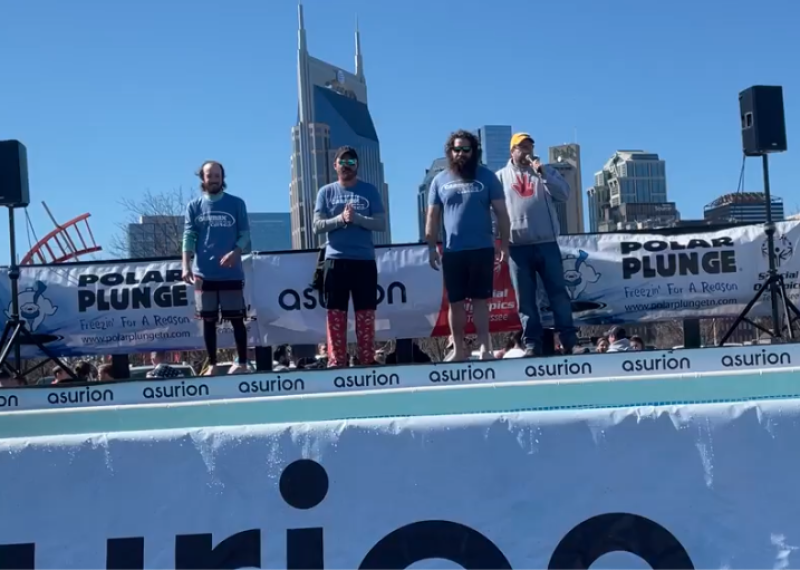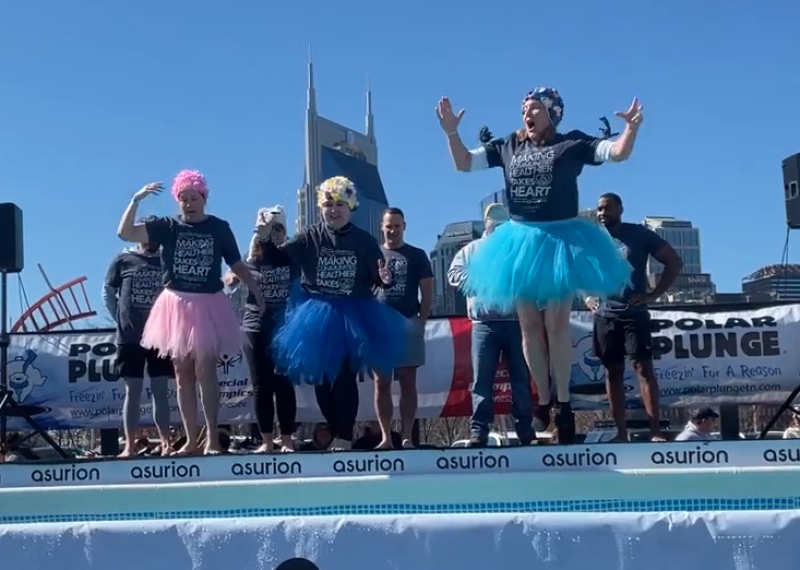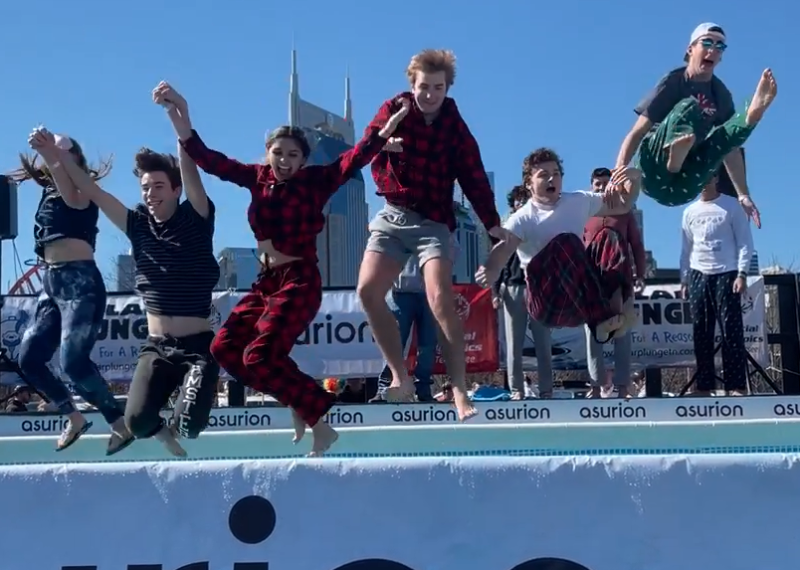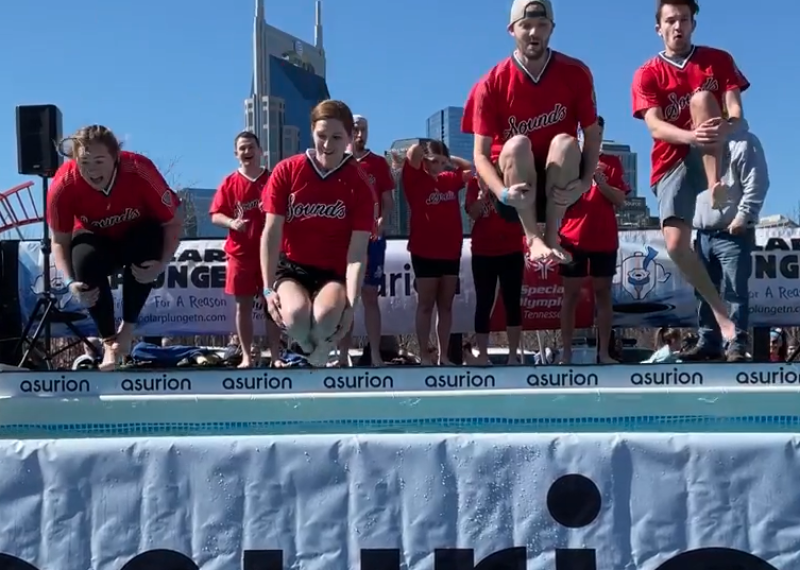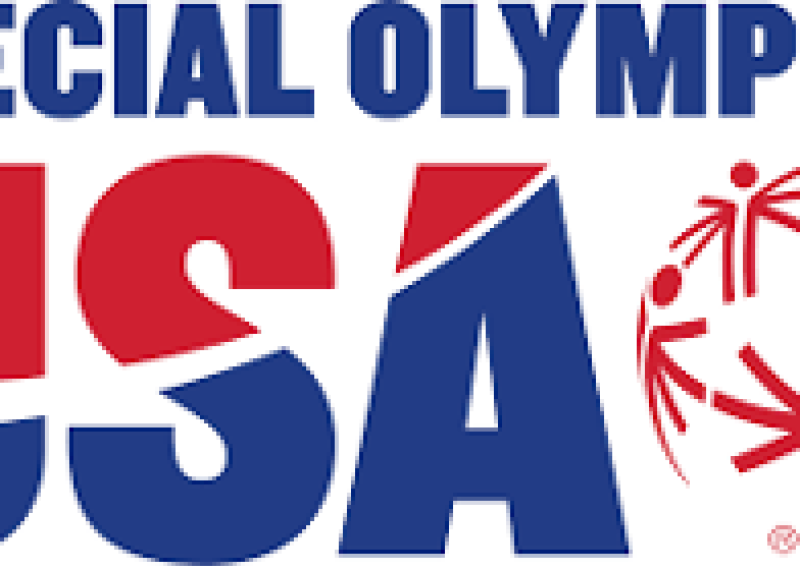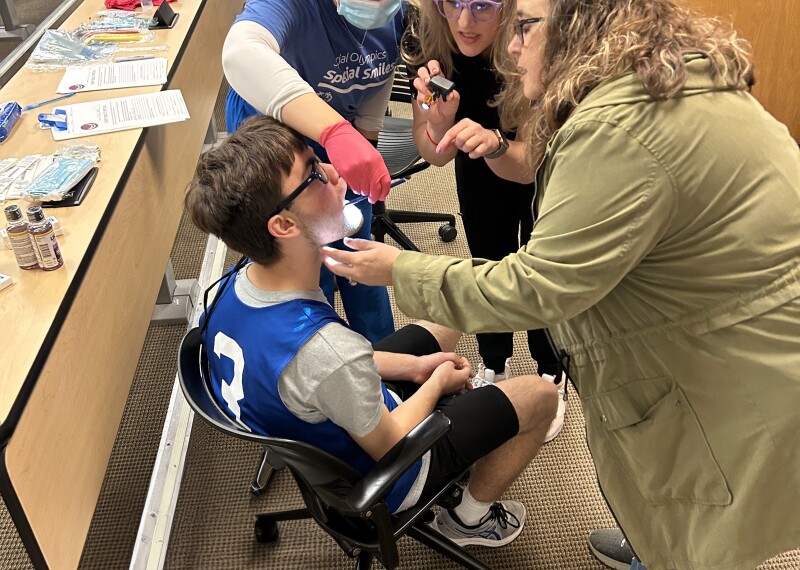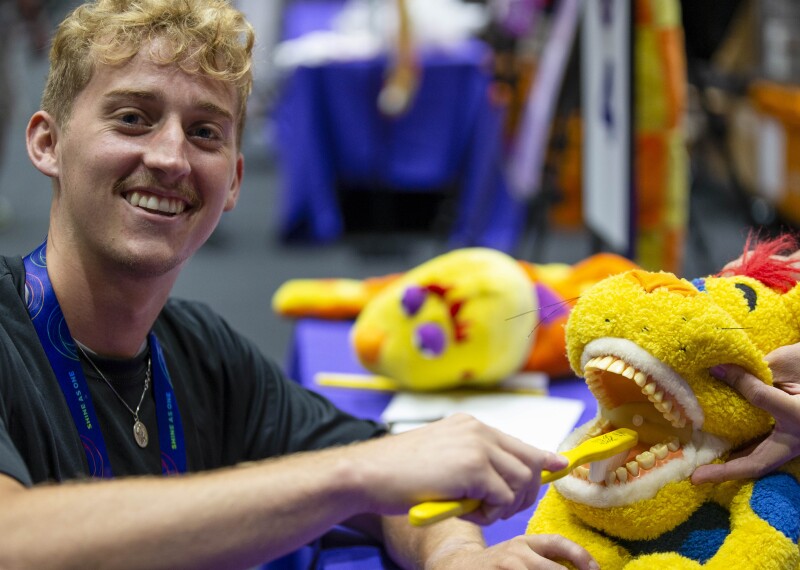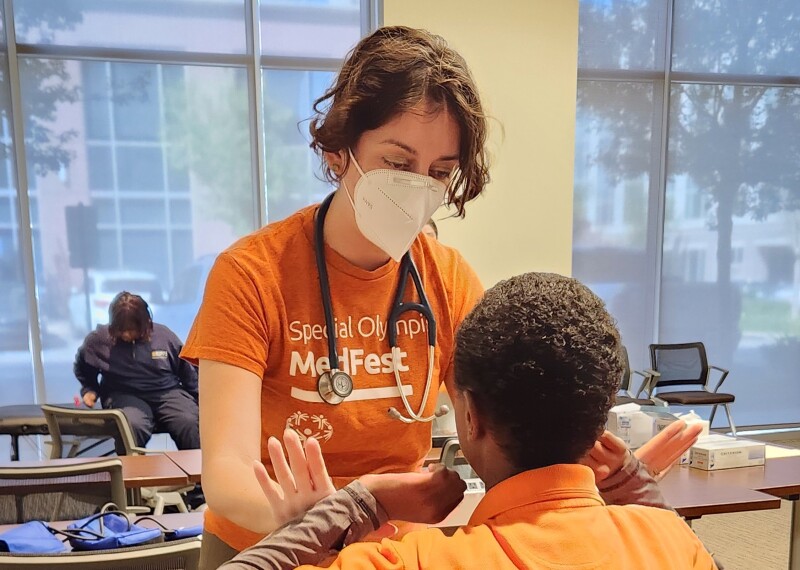Press Kit
All media inquiries should be directed to:
Justin Bradford
Director of Marketing & Communications
jbradford@specialolympicstn.org
615.775.7692
General Special Olympics Brand Guidelines
Disability Language Guidelines
Approved photos and video for download are below.
See bottom of page for language guidelines and terminology.
Justin Bradford
Director of Marketing & Communications
jbradford@specialolympicstn.org
615.775.7692
General Special Olympics Brand Guidelines
Disability Language Guidelines
Approved photos and video for download are below.
See bottom of page for language guidelines and terminology.
Special Olympics Tennessee Logos (All PNG)
High-resolution photos for download by sport
Polar Plunge B-Roll
Special Olympics World Games
Healthy Athletes
Train 4 Life
Winter Games
Language Guidelines
Words matter. Words can open doors to enable persons with disabilities to lead fuller, more independent lives. Words can also create barriers or stereotypes that are not only demeaning to persons with disabilities but also rob them of their individuality. The following language guidelines have been developed by experts in intellectual disabilities for use by anyone writing or speaking about persons with disabilities to ensure that all people are portrayed with individuality and dignity:
Appropriate Terminology
- Refer to participants in Special Olympics as Special Olympics athletes rather than Special Olympians or Special Olympic athletes.
- Refer to people with intellectual disabilities as individuals, persons or people with intellectual disabilities, rather than intellectually disabled people or the intellectually disabled.
- A person has intellectual disabilities, rather than is suffering from, is afflicted with or is a victim of intellectual disabilities.
- Distinguish between adults and children with intellectual disabilities. Use adults or children, or older or younger athletes.
- A person uses a wheelchair, rather than is confined or restricted to a wheelchair.
- “Down syndrome” has replaced Down’s Syndrome and mongoloid.
- Refer to participants in Special Olympics as athletes. In no case should the word athletes appear in quotation marks.
- When writing, refer to persons with a disability in the same style as persons without a disability: full name on first reference and last name on subsequent references. Do not refer to an individual with an intellectual disability as “Bill” rather than the journalistically correct “Bill Smith” or “Smith.”
- A person is physically challenged or disabled rather than crippled.
- Use the words “Special Olympics” when referring to the worldwide Special Olympics movement.
Terminology To Avoid
- Do not use the label “kids” when referring to Special Olympics athletes. Adult athletes are an integral part of the movement.
- Do not use the word “the” in front of Special Olympics unless describing a specific Special Olympics event or official.
- Do not use the adjective “unfortunate” when talking about persons with intellectual disabilities. Disabling conditions do not have to be life-defining in a negative way.
- Do not sensationalize the accomplishments of persons with disabilities. While these accomplishments should be recognized and applauded, people in the disability rights movement have tried to make the public aware of the negative impact of referring to the achievements of physically or intellectually challenged people with excessive hyperbole.
- Use the word “special” with extreme care when talking about persons with intellectual disabilities. The term, if used excessively in references to Special Olympics athletes and activities, can become a cliché.




























